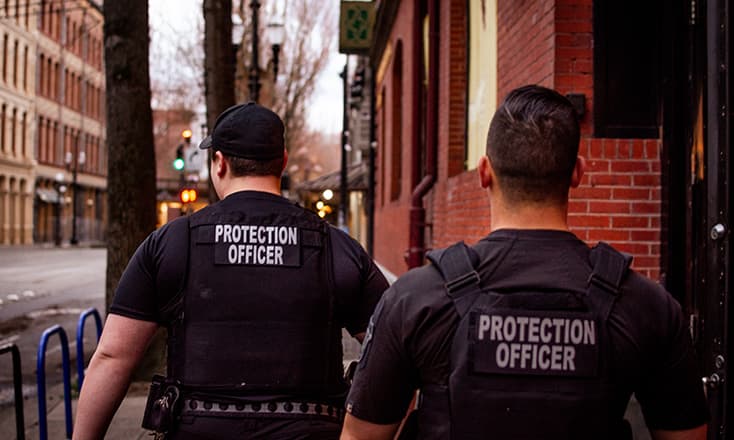Private Security Market Projected to Reach $8 Billion by 2030 Amid Rising Urban Safety Concerns

The global private security services market is projected to reach $8.00 billion by 2030, growing at a compound annual growth rate of 9.8% from 2025. This significant expansion is largely fueled by increasing public safety concerns in urban areas and perceived limitations of public law enforcement. The trend highlights a growing reliance on private solutions for personal and property protection, reflecting a complex interplay of societal anxieties and economic disparities.
The sentiment that private security offers insulation from urban challenges is increasingly vocalized, with one social media user, RodeoProfessor, recently stating, "> When you have private security, a driver, and a doorman, the vagrants, subway stabbers, and migrants don’t matter!" This perspective underscores a perceived ability of affluent individuals to circumvent broader societal issues through personal investment in security. The rise in private security services, particularly in residential sectors, indicates a shift where security is moving from a public service to a privatized commodity.
Research consistently links economic inequality to higher crime rates and a breakdown of social cohesion within cities. Studies show that lower-income individuals consistently report heightened safety concerns, often residing in neighborhoods with higher crime rates and fewer resources. Conversely, wealthier individuals often have access to more secure neighborhoods and personal transportation, influencing their perception of safety.
Public discourse in major cities frequently addresses concerns about homelessness, crime, and safety on public transport. While official crime statistics may fluctuate, the visible presence of social issues can heighten public perception of insecurity. This leads to behavioral adjustments, with many avoiding certain areas or opting for private transportation due to safety fears.
The growth of the private security sector is driven by factors such as rising crime rates in specific regions and staffing shortages within public law enforcement agencies. These limitations prompt businesses, communities, and individuals to seek additional protection, with private companies filling gaps in traditional security provision. The ongoing debate revolves around whether increased private security exacerbates social divisions or effectively addresses individual safety needs in a changing urban landscape, prompting calls for integrated urban planning and community-based solutions.